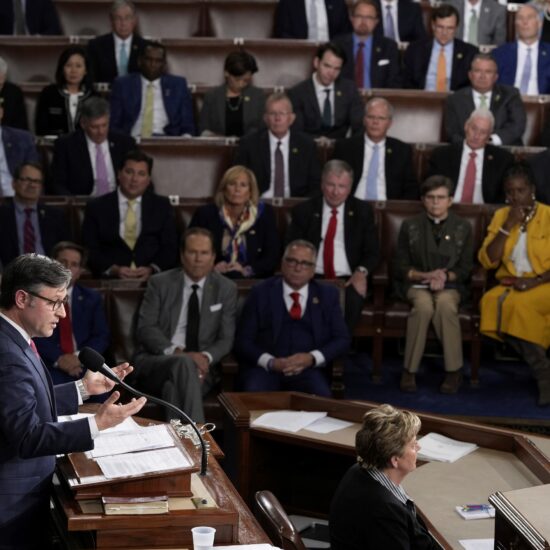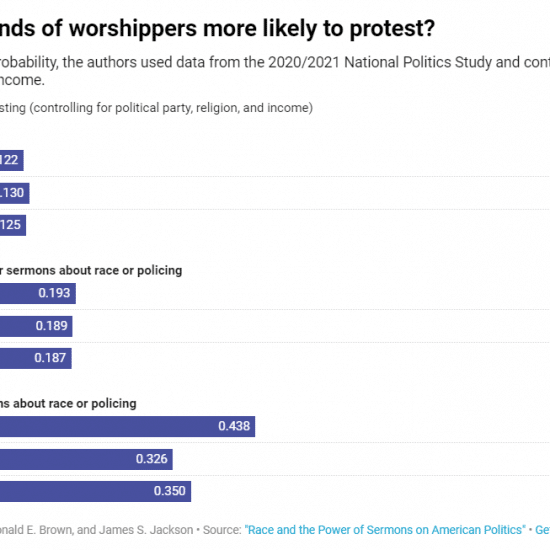Do people in the pew have any options for finding information if their local church, state organization or national denominational body refuses do divulge it?
Not many — but technology and government offer a couple of options.
Blogosphere and social media
When Wade Burleson felt Southern Baptists weren’t getting the information they deserved from the International Mission Board, he turned to blogging.

Unlocking information at local and denominational levels can be challenging.
|
Elected as an IMB trustee in 2005, the Enid, Okla., pastor pushed for transparency in the missionary-sending agency and openly criticized on his blog board decisions requiring IMB-appointed missionaries to have been baptized in a Southern Baptist-affiliated church and disallowing private prayer language.
“The problem with the IMB was that the IMB trustees took it upon themselves of narrowing the doctrines of cooperation …and going beyond the Baptist Faith & Message,” the Southern Baptist Convention’s doctrinal statement, he said in a recent interview. “I felt I had an obligation to tell what happened.”
None of the trustees had written or read a blog, including his, Burleson said. “But they were furious because they felt I was violating confidentiality.”
Their anger intensified in 2006 when Burleson continued blogging about the agency in the face of a new rule — trustees “must publicly affirm” approved actions they do not “privately support.”
Burleson believes “there was a fundamental shift” at Baptist Press, the denomination’s news agency, and at most state convention news journals. Most became a public relations arm of their respective agencies “because the trustees are controlled by (national and state convention) executive committees.”
By blogging as a means to get information to people in the pews, Burleson believes “frankly, I was doing what BP should have been doing.”
Many religious organizations, including Baptists, have adopted technology — websites, blogs, Facebook, Twitter and other social media — to get their message out.
But some see a danger in their use.
Glenn Akins, assistant executive director for the Baptist General Association of Virginia, sees blogging and social media as an “extreme form” as a means of holding someone accountable — one that only “someone with a burr under his saddle” would turn to after exhausting “normal” channels to get information.
“When a system isn’t held accountable, people will go to extremes,” he said. “It’s unfortunate that they can’t get to the issue in another format.”
Richard Land, president of the SBC’s Ethics & Religious Liberty Commission, wants people to be more transparent in social media and believes those who criticize should do so openly. “People shouldn’t be blogging and tweeting about churches unless they are willing to sign their real names,” he said.
Burleson also urges some caution. “Blogs have taken the place of the free press,” he said. When looking for information, readers should consider whether the blogger has professional credentials. “Some blogs can be discounted.”
Legal
Like government bodies, nonprofit organizations have some legal regulations and constraints, particularly under the Internal Revenue Service. Many forms not-for-profits are required to file are public record, which means citizens can access the information, often online.
But houses of worship and most religious organizations fall in a different category.
For example, most charities and nonprofits are required to file an annual information return — IRS Form 990 or Form 990-EZ — or an annual electronic notice of their tax-exempt status. However, several exceptions to the requirement mean most religious organizations do not have to file.
Affiliated agencies that might have been required to file often are exempt as well if they are included under a larger organization’s group exemption.
Consider B&H Publishing, the not-for-profit publishing arm of LifeWay Christian Resources, which, in turn, is a nonprofit affiliate of the not-for-profit Southern Baptist Convention. The SBC does not file a 990 or an electronic notice because it is a convention of churches. Neither LifeWay nor B&H is required to file because both are covered by the SBC’s group exemption.
Some agencies, such as the Missouri Baptist Foundation, file as independent entities. The foundation began filing the 990 after its trustees removed the organization from Missouri Baptist Convention control.
Nonprofits that file 990s are required to release a copy to anyone who asks. Individuals also may request a copy directly from the IRS, or can find them through GuideStar, a nonprofit group that many foundations use to verify information before issuing grants.
Other documentation about a church or specific agency might be available through state or federal courts if the entity has been a party to legal action.
According to a 2011 study by the Pew Forum on Religion & Public Life, religious organizations sometimes are involved in four types of court cases — property disputes, employment, member treatment or discipline and employee misconduct.
In roughly 100 years of case law, the U.S. Supreme Court has developed the principle that the government may regulate religious institutions only in so far as it does not tamper with the church’s internal governance or interpret doctrine.
Most court proceedings also are public record and are available through state and federal court systems, or by searching the Internet for names of the parties involved.
Often government agencies contract with religious entities, such as children’s homes or facilities for older adults, to provide services. Much of the information relating to transactions between the governmental body and the religious agency is public record.
Citizens, as well as journalists, can claim public information that an agency refuses to release by filing freedom of information requests.




